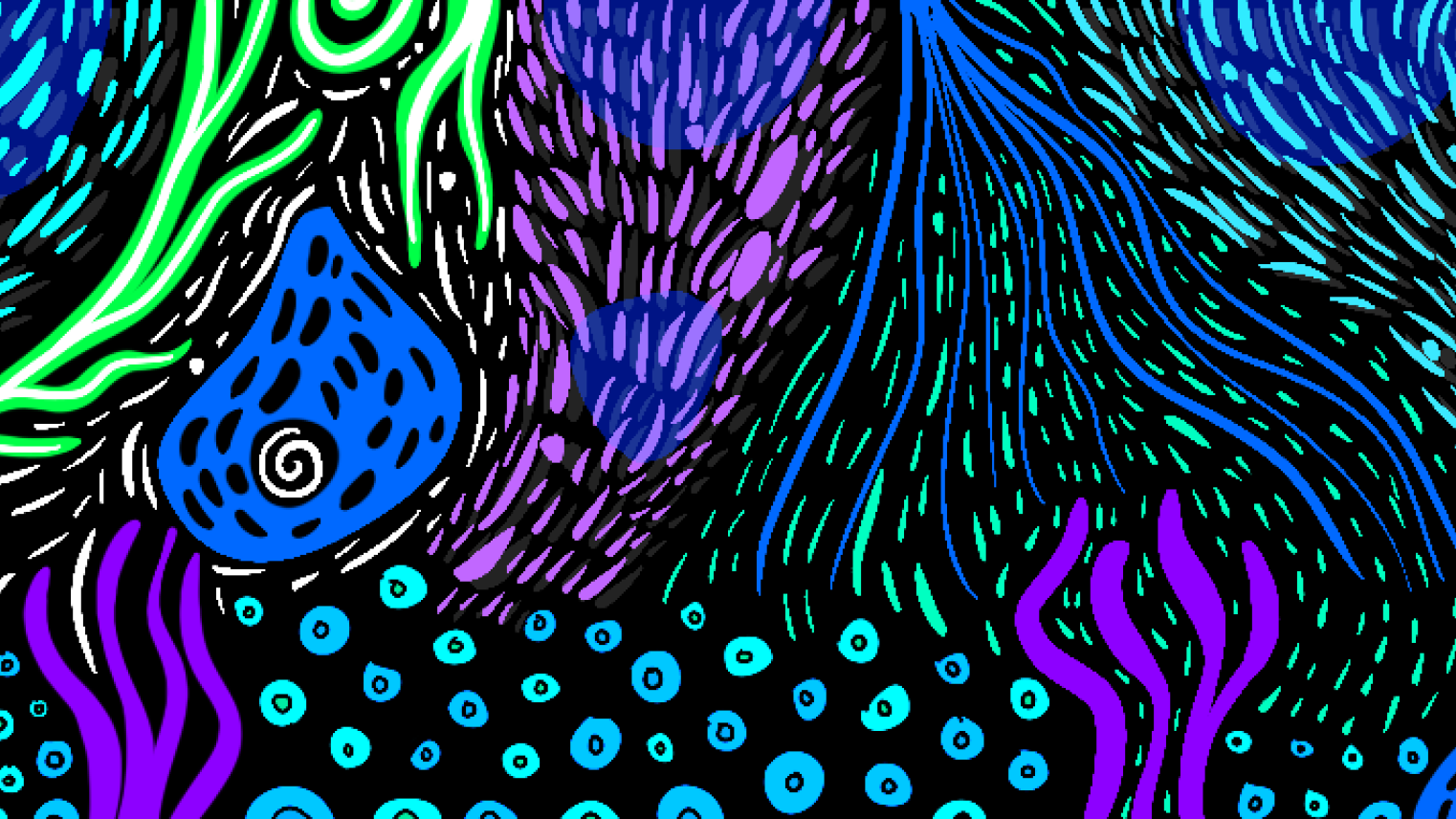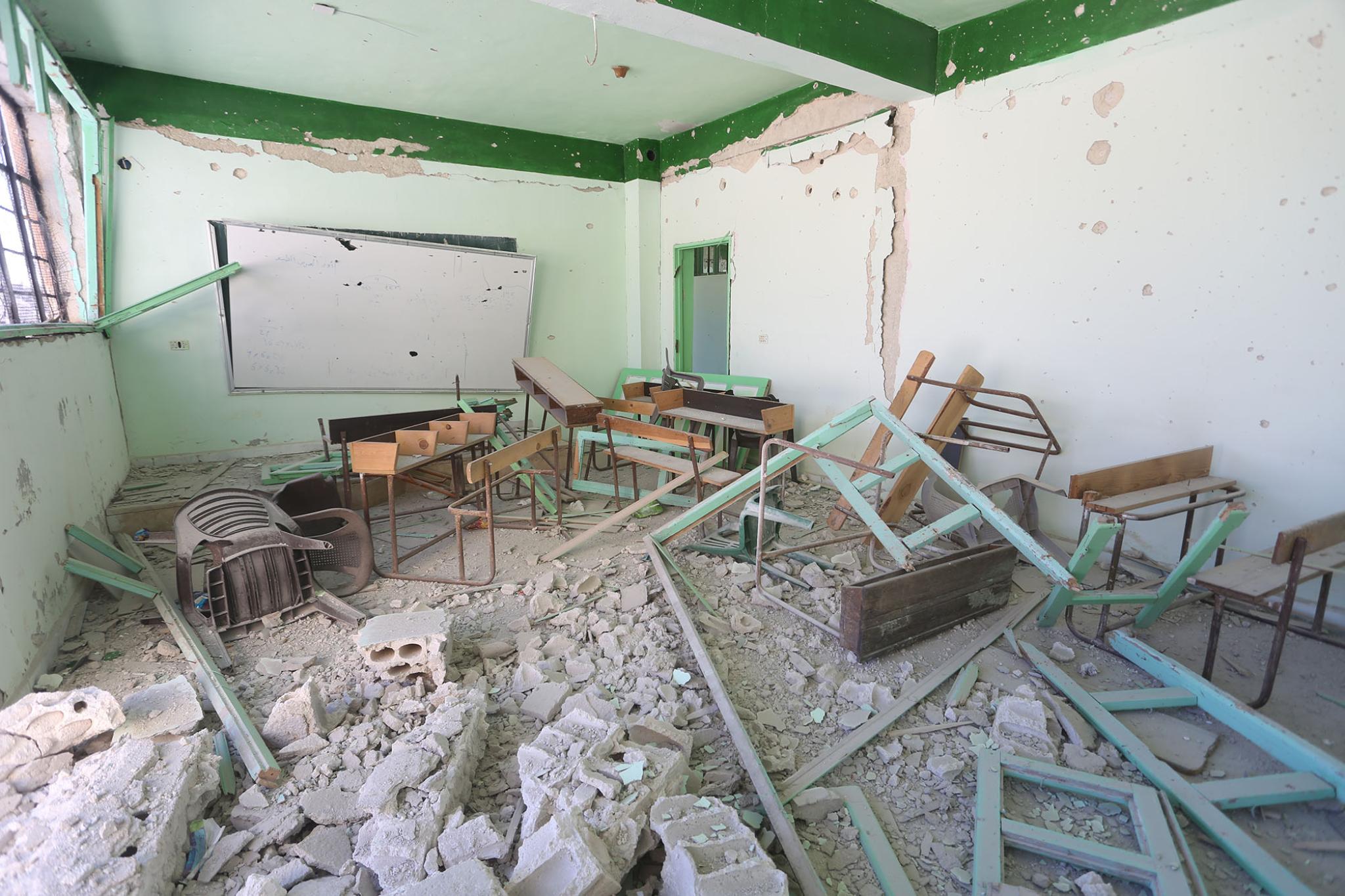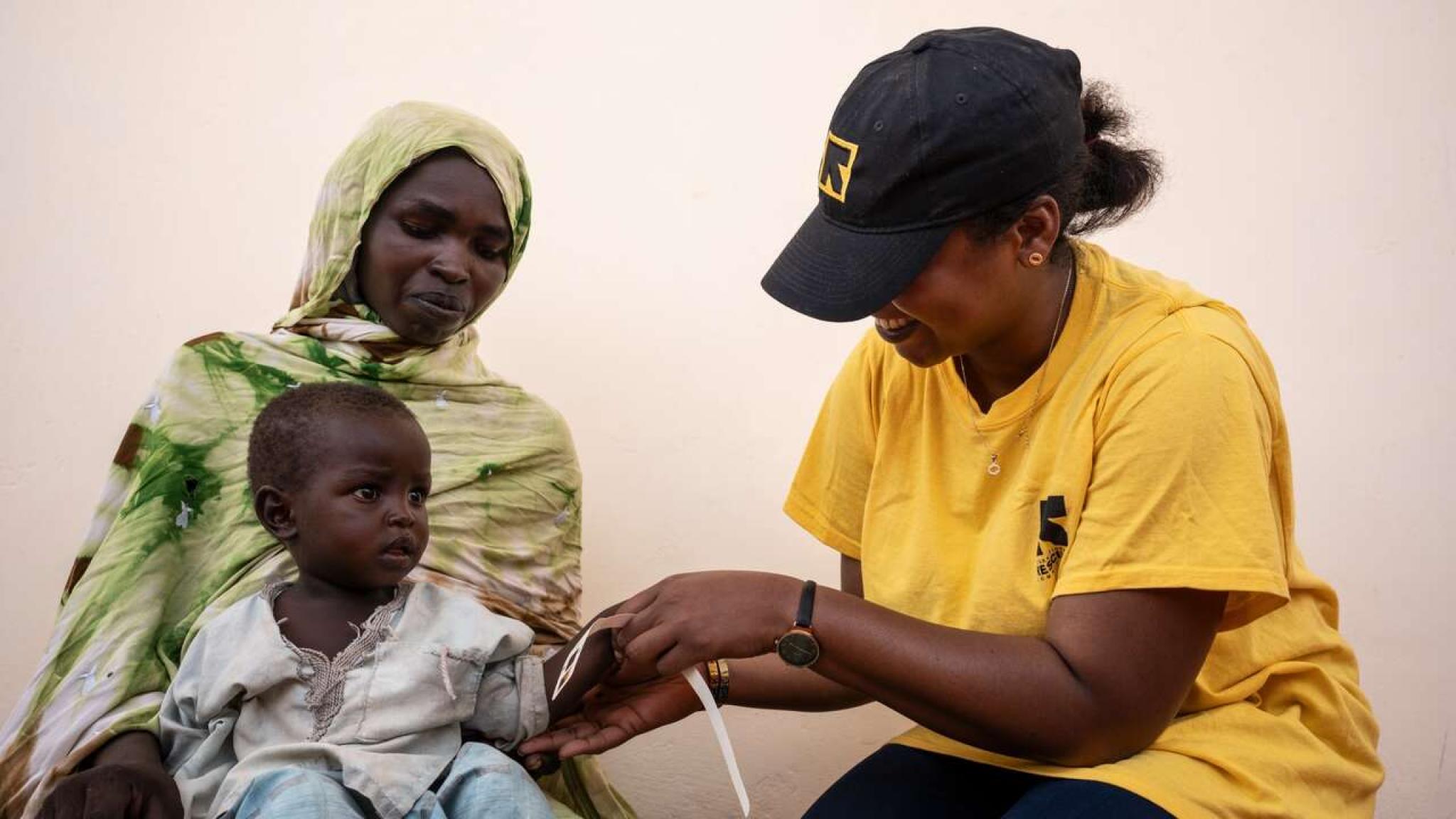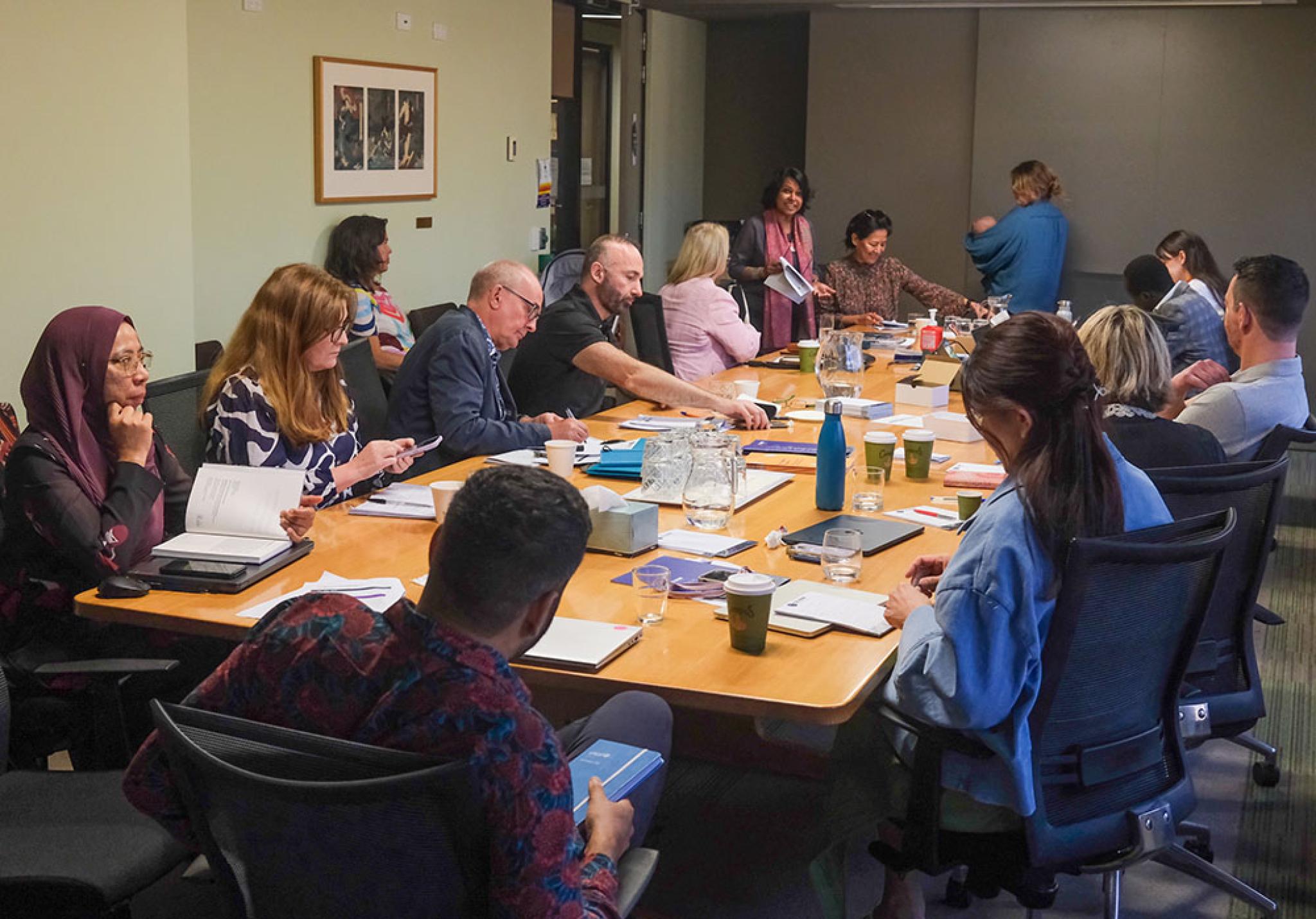Concept note and Call for Papers: Rohingya Special Issue

Fractured Lives: The Rohingya Experience of Gender, Violence and Belonging in Displacement
Guest Editors: Bina D’Costa and Zoe Bell, The Australian National University
Concept Note
The Rohingya, an ethnic and religious minority from Rakhine State, Myanmar, have endured decades of systemic violence, persecution, and displacement since the country’s independence from British colonial rule in 1948. State-sponsored campaigns have targeted the Rohingya through the stripping of citizenship, severe restrictions on civil and political rights, and widespread human rights violations—including conflict-related sexual violence, forced labour, targeted killings, and enforced disappearances. Violence, militarisation, and identity politics have not only forced the Rohingya to move across Asia and the Middle East but have also deeply fractured their socio-cultural lives.
While existing scholarship has largely focused on the post-2017 mass displacement to refugee camps in Cox’s Bazar, Bangladesh, there remains a critical gap in understanding the gendered dimensions of Rohingya life in general and the ways in which identity politics, violence, and justice intersect in their lived experiences of displacement. This special issue represents the first in-depth, multidisciplinary analysis of Rohingya gendered life, bringing together scholars across fields to examine how gender, sexuality, and power shape experiences of violence, survival, and resistance in contexts of statelessness and exile.
Described by the United Nations as one of the most persecuted populations in the world, the Rohingya experience is not only one of marginalisation, invisibility, and hypervisibility—but also one of resilience, resistance, and the pursuit of justice. This issue seeks to document the everyday realities of gendered violence and displacement while foregrounding the strength of the Rohingya community and the diverse forms of resistance and identity-making emerging across global diasporas.
This special issue invites scholarly and creative contributions that explore the gendered dimensions of Rohingya displacement, violence, survival, and resistance. We seek to deepen and diversify the discourse on Rohingya experiences by centring intersectional, intergenerational, feminist, and decolonial perspectives across multiple geographies and temporalities.
We welcome submissions that engage with, but are not limited to, the following questions:
- How do gender, context, and temporality intersect to shape the meanings and manifestations of survival and resistance among displaced Rohingya communities?
- How is Rohingya cultural life sustained in the face of ongoing violence and displacement? What role does gender play in preserving and transforming cultural practices under conditions of violence and exile? Through a gender lens, how do contextual factors such as government policies, xenophobia/ islamophobia and geo-politics impact the Rohingya diaspora?
- How do women and girls, and men and boys navigate vulnerability and the risk of violence in displacement contexts?
- What roles do gender norms, family structures and community connections play in shaping both the risk of violence and strategies for survival and resilience?
- How do activists, women’s human rights defenders and practitioners from other Myanmar ethnic groups engage with Rohingya experiences of displacement and related (in)securities? What solidarities or tensions emerge in these engagements?
- In what ways do inter-ethnic feminist alliances within Myanmar and in the diaspora address or overlook the specific experiences of Rohingya women and girls?
We encourage contributions that apply an intersectional lens to analyse vulnerability and violence, including:
- Violence against women and girls
- Conflict Related Sexual Violence
- LGBTQIA+ experiences
- Child related vulnerability and violence
- Family separation and vulnerability
- Experiences of people with disabilities
- Health, mental health, grief and loss, and trauma
Fields of enquiry may include, but not limited to:
- Statelessness and the denial of citizenship
- Refugeehood and durable solutions for the Rohingya
- Internally displaced persons (IDP) and conditions within Myanmar
- Migration pathways and exposure to violence
- The Rohingya experience beyond Myanmar/Cox’s Bazar region, Bangladesh- e.g. experiences in Saudi Arabia, Pakistan, India, Malaysia, Thailand, and other countries
We prioritise contributions from Rohingya authors and collaborators, and welcome work from scholars in statelessness studies, refugee and migration studies, gender studies, social work, sociology, anthropology, international relations, political science, law, geography and health.
This special issue welcomes empirical, theoretical and diverse methodological contributions. This issue also welcomes book reviews, systematic reviews, creative engagements, fieldnotes and conversations.
Submission Guidelines:
- Abstracts (300-500 words) and author bios (100-150 words) due by 1 Aug 2025
- Submissions can be made to Bina D’Costa bina.dcosta@anu.edu.au and Zoe Bell zoe.bell@anu.edu.au
- Following submission, abstracts will be reviewed and authors notified by 20 Aug 2025
- Once accepted authors will have the option to submit their first draft paper by 10 Dec 2025. Comments and editorial suggestions will be provided by end of Feb 2026
- All authors will be expected to submit their final paper by 15 Apr 2026
As part of this initiative, contributors will be invited to join a Rohingya Research Working Group based at CEVAW-ANU node and the Myanmar Research Centre, which will organise regular online meetings and a virtual writing workshop in Nov 2025 to support the development of submissions and foster a connected research community.
This work is supported by the Australian National University Node (Led by Professor Bina D’Costa) of the Centre of Excellence on the Elimination and Violence Against Women CEVAW (#CE230100004) and the Future Fellowship on Humanitarian Emergencies and Global South Responses (#FT210100759). Views expressed are those of the authors and are not necessarily those of the Australian Government or Australian Research Council.


